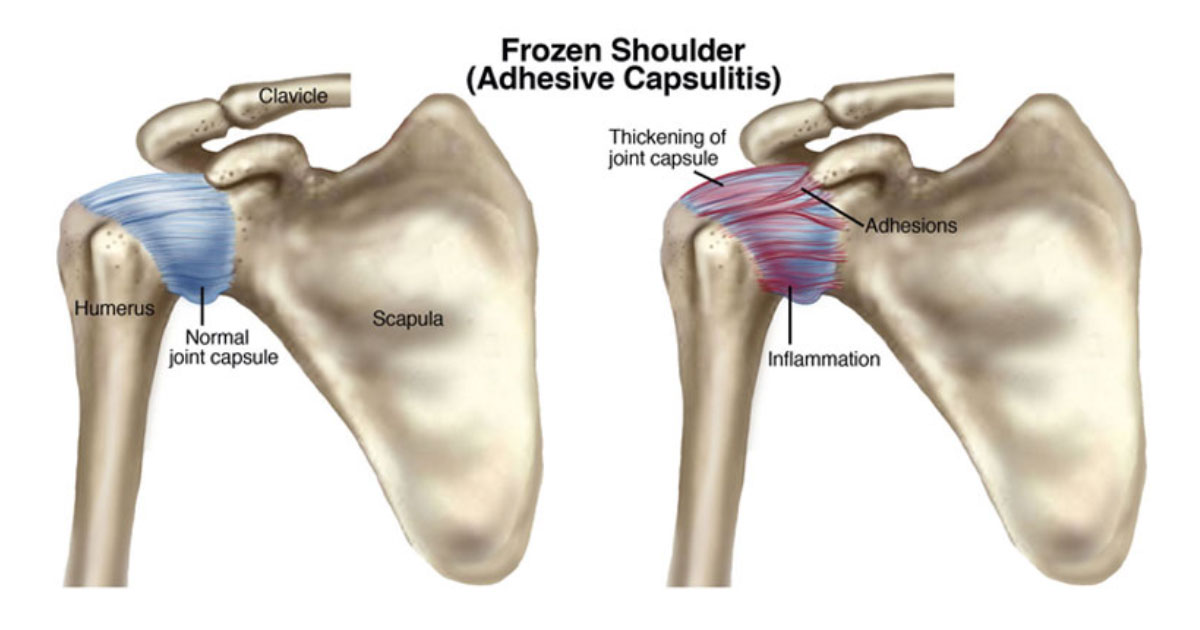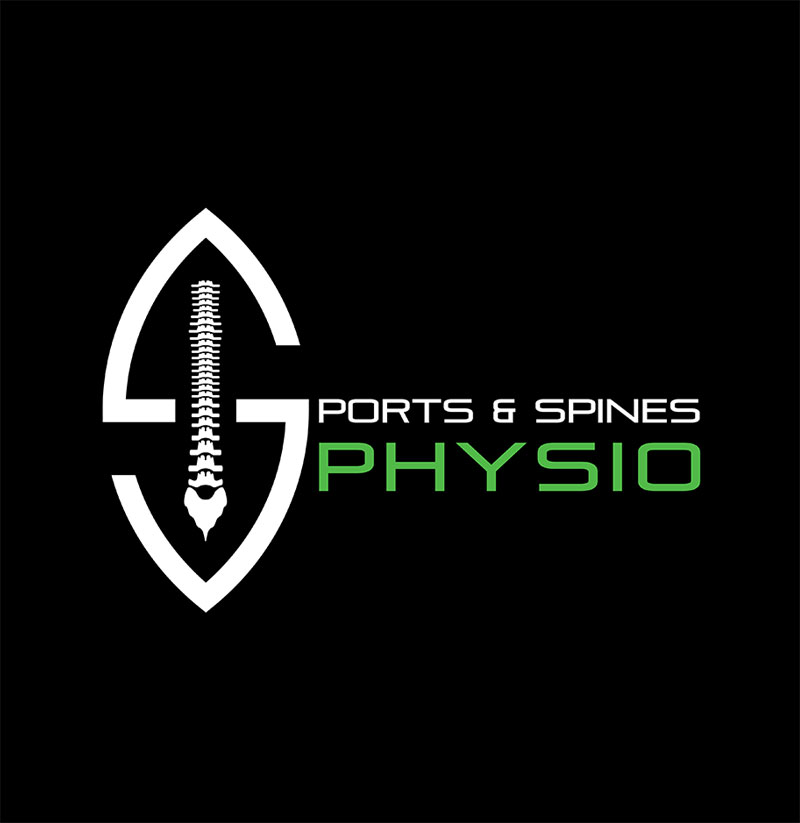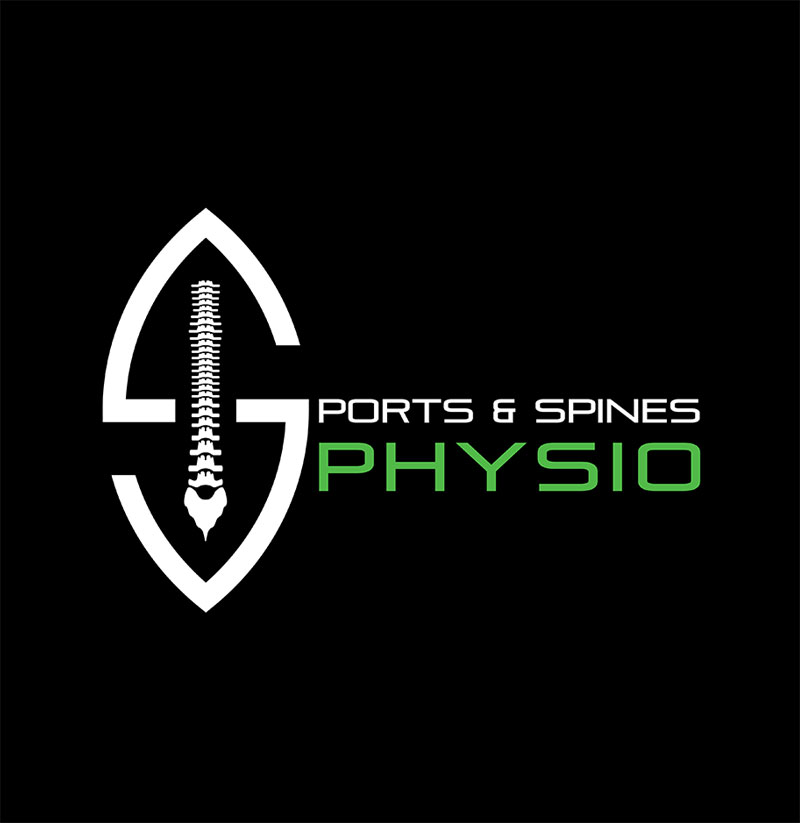
Frozen shoulder (adhesive capsulitis)
What causes a frozen shoulder?
There is currently no evidence as to the exact cause of adhesive capsulitis (frozen shoulder). It is a condition that can occur in people between 40 and 70 years of age, affects more women than men and may occur after trauma, surgery or periods of shoulder immobilisation. It can also affect people with certain comorbidities such as diabetes more severely. However the exact reason why an inflammatory condition starts in the capsule surrounding the joint is unknown and therefore there is no action that can be taken to prevent a frozen shoulder.
Frozen shoulder stages
A frozen shoulder follows a relatively predictable course that involves three stages and usually resolves within 12-24 months. The three stages are:
- Freezing stage. Any movement of the shoulder causes pain, and the shoulder's ability to move becomes limited. This stage lasts from 2 to 9 months.
- Frozen stage. Pain might lessen during this stage. However, the shoulder becomes stiffer. Using it becomes more difficult. This stage lasts from 4 to 12 months.
- Thawing stage. The shoulder's ability to move begins to improve. This stage lasts from 5 to 24 months.
Treatment of a frozen shoulder
Good management of a frozen shoulder starts with an accurate clinical diagnosis that may include X-ray or other investigations to rule out other shoulder conditions. This diagnosis is important as the treatment options for a true frozen shoulder are very different for other stiff and painful shoulder conditions that may present in a similar manner to a frozen shoulder. For example, a localized capsulitis (tightening of only part of the shoulder joint capsule) that occurs after trauma or surgery, will respond well to physiotherapy where as a true frozen shoulder (contracture of whole capsule) will not respond well to this treatment in the early stages.
In the early painful stage of a frozen shoulder, best management involves avoiding movements and activities that increase shoulder pain while gently trying to maintain joint movement. Aggressive stretching and mobilisation will likely make the symptoms worse and should be avoided. Anti-inflammatory medication and cortisone joint injection may be useful in cases where person is experiencing debilitating pain.
Physiotherapy for frozen shoulder
As the frozen shoulder begins to 'thaw' and pain settles, physiotherapy and range of movement exercises can help to restore shoulder function. Due to the prolonged timescale of a frozen shoulder, physiotherapy will also work to strengthen neck and opposite shoulder to try and prevent secondary overload injuries in these areas. Further injection therapy such as a hydrodilatation or arthroscopic surgery (capsulotomy) are effective options in some cases when shoulder movement remains severely restricted.

